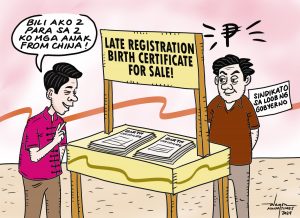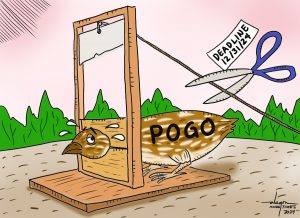On December 20, 2018, President Rodrigo Duterte signed the Philippine HIV and AIDS Policy Act of 2018 or Republic Act No 11166, repealing the 21-year-old “Philippine AIDS Prevention and Control Act of 1998” (Republic Act 8504) to replace it with strategies based on more current knowledge and experience in dealing with HIV/AIDS.
The law is a reconciliation of Senate Bill No 1390, authored by Senators Risa Hontiveros and Senate health committee chairman JV Ejercito; and House Bill No 6617 championed by Dinagat Representative Kaka Bag-ao, former Kabayan Representative, and former presidential spokesman Harry Roque, and others.
With this new law, the Philippine National AIDS Council (PNAC) takes charge of the country’s overall implementation of the AIDS Medium Term Plan, a 6-year plan to prevent and control the spread of HIV and AIDS. According to the Philippine Council for Health Research and Development, the law ‘ensures protection of PLHIV’s basic human rights which include the affordable access to health services without the fear of being discriminated. Since stigma is also a product of misinformation about the disease, the law also includes education and awareness not only to prevent the spread of the disease but also for destigmatization. It will also prohibit bullying and discrimination of PLHIVs based on actual, perceived, or suspected HIV status, while guaranteeing PLHIVs fair employment and livelihood, protection and confidentiality, and peer-led counselling, support, and case management.’
The HIV/AIDS situation in the city is alarming. The Davao City Reproductive Health and Wellness Center (RHWC) recorded a total of 39 new cases of human immunodeficiency virus-acquired immunodeficiency syndrome (HIV-Aids) from January and February 2019. Of this figure, 15 were reported in January while 24 are in February. By gender, 35 are male while four are female. Since 1984 up to present, a total of 2,704 HIV-Aids cases — 143 females and 2,561 males — were recorded in the city.
In 2018 data, from January to December 2018, there have been a total of 368 new cases of HIV-Aids in Davao region.
A more intensive education and information campaign is needed focused on the most vulnerable sector is the urgent challenge today.


